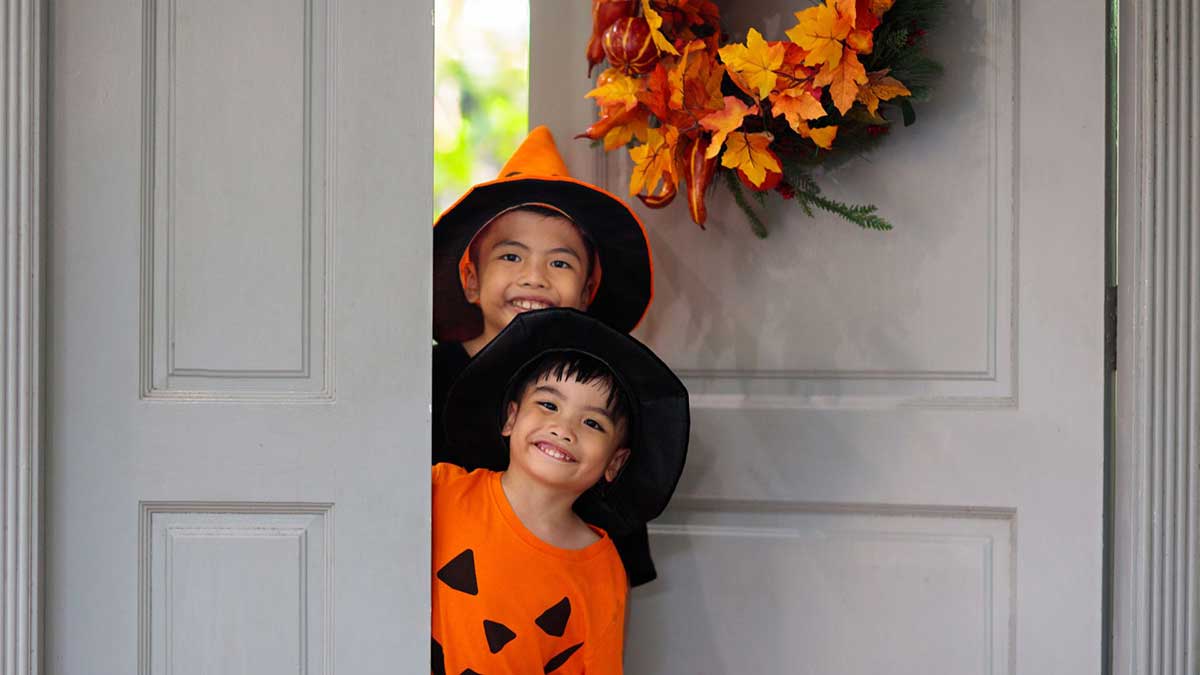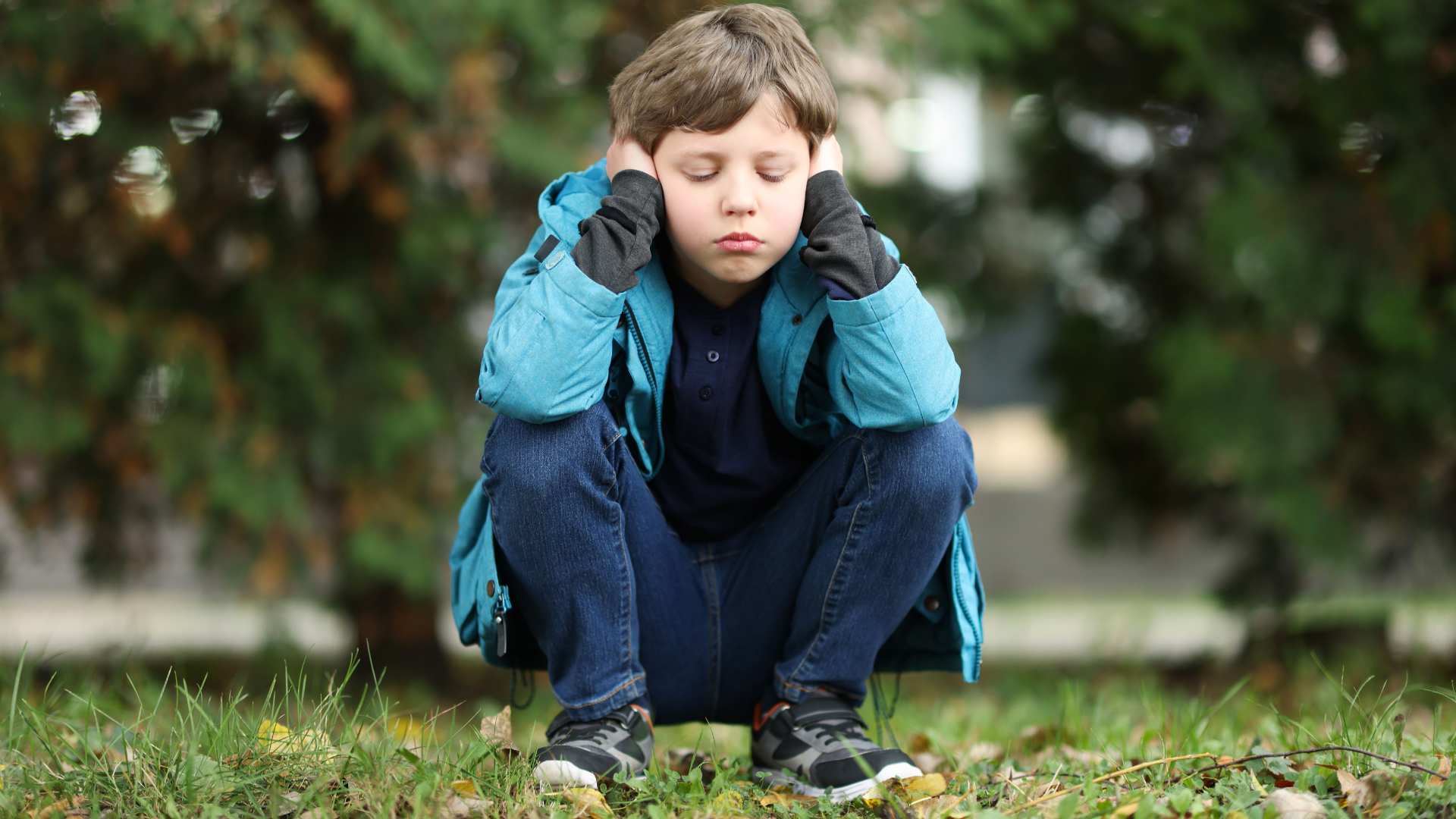Tabla de contenido
How do you prepare an autism-friendly holiday?
The holiday season sparkles with celebration, lights, laughter, and family traditions. But for many families navigating holidays with autism, this time of year can also bring unique challenges. The changes in routine, noisy gatherings, and sensory overload can make navigating autism and Thanksgiving feel overwhelming for many families.
So, how do you prepare an autism-friendly holiday and ensure that every member of the family enjoys the season? The answer lies in planning, patience, and understanding. By creating predictable, sensory-considerate experiences, families can embrace the true spirit of the holidays and feel connection, comfort, and joy.
En este artículo de ABA Centers of New Jersey, we’ll explore practical strategies for celebrating holidays with autism, from making an autism-friendly holiday plan to involving your loved one in traditions that feel safe and meaningful.
Understanding the Challenges of Holidays with Autism
For most people, holidays like Thanksgiving bring excitement and social gatherings. But for some adults and children with autism, the festive season can present sensory, emotional, and social hurdles that others might not see.
Según Autism Society, holiday elements, such as lights, decorations, new foods, and crowds, while enjoyable for some, can create overstimulation or anxiety for others. Even the change in daily routine can disrupt a sense of comfort and predictability, something individuals on the autism spectrum often rely on.
Common challenges during holidays with autism include:
- Sobrecarga sensorial: Loud music, bright lights, and multiple conversations can overwhelm the senses.
- Changes in routine: School breaks, travel, or visitors can disrupt structured daily schedules.
- Social expectations: Family gatherings, such as, Thanksgiving dinner, may involve unfamiliar people, new environments, and expectations to interact or engage in traditions that feel uncomfortable.
- Dietary restrictions: Según Journal of Autism and Developmental Disorders, an estimated 46–89% of individuals with autism have specific eating preferences or sensitivities, which can make navigating autism and Thanksgiving dinner particularly challenging.
How to Navigate Autism and Thanksgiving
Creating an autism-friendly holiday doesn’t mean sacrificing fun or tradition; it means adapting celebrations to meet the sensory and emotional needs of everyone involved. Here are some practical ways families can prepare for holidays with autism, particularly during Thanksgiving.
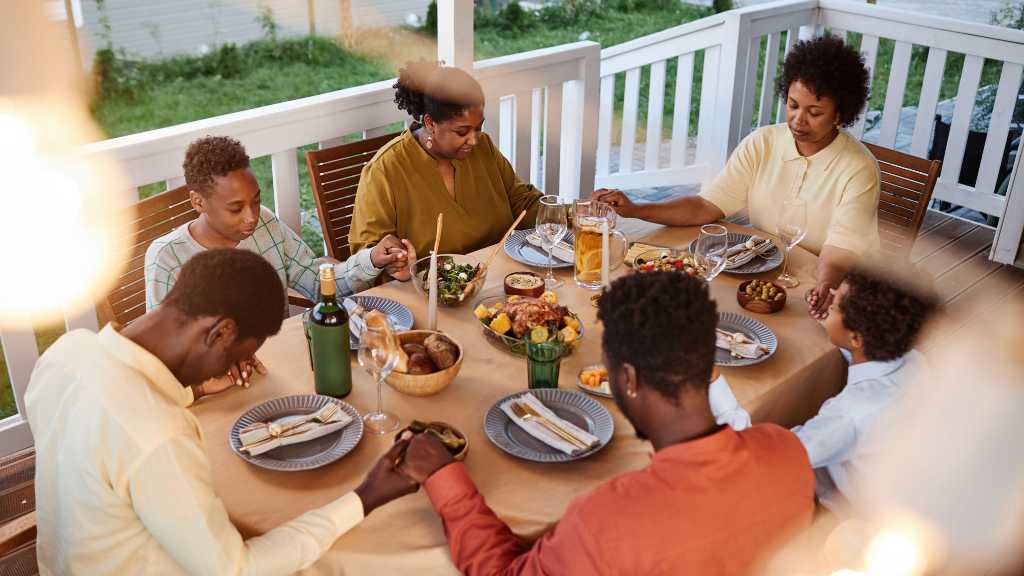
- Communicate and Set Expectations Early
Many personas con autismo find comfort in knowing what to expect. Discuss holiday plans in advance, explaining who will be present, where the gathering will happen, and what activities might take place.
As recommended by Autism Speaks, you can use visual schedules, photos, or social stories to help illustrate what the day will look like. These tools reduce uncertainty and allow your loved one to feel more in control and prepared.
- Maintain a Sense of Routine
While holidays naturally bring changes, try to keep certain daily elements consistent. Whether it’s breakfast time, favorite activities, or bedtime routines, maintaining familiar patterns provides stability amid the excitement.
If your child or adult family member with autism uses sensory breaks during the day, plan for them, set aside quiet moments, or familiar spaces for relaxation.
- Create a Sensory-Safe Space
When approaching autism and Thanksgiving celebrations, designate a calm zone free from noise and visual clutter. A safe space can be a separate room with dim lighting, soft textures, or soothing objects such as weighted blankets or fidget tools.
Encouraging your loved one to take breaks as needed helps prevent meltdowns and keeps the celebration enjoyable for everyone.
- Prepare Guests for Inclusivity
Not all guests will understand autism-related sensitivities. Take a moment to educate friends or family members who will attend the gathering. Encourage them to be flexible, avoid loud reactions, and respect boundaries such as physical touch or personal space.
When relatives understand the “why” behind specific accommodations, they’re more likely to respond with empathy and patience.
- Adjust Traditional Meals and Activities
For some, the variety of textures, smells, and flavors at the Thanksgiving table can be overwhelming. Consider offering familiar foods alongside traditional dishes. If your loved one prefers specific utensils, seating, or quiet eating times, plan around that.
When it comes to activities, prioritize inclusion. If games or music feel overstimulating, try alternative options, such as coloring, crafts, or helping with simple meal prep. Every minor adjustment helps foster comfort and belonging during holidays with autism.
Rethinking Holiday Traditions: Inclusion Over Perfection
Many families feel pressure to make holidays picture-perfect. However, for families navigating holidays with autism, what matters most is creating a sense of ease and belonging rather than achieving perfection.
It’s okay to skip crowded parades or big gatherings if they cause distress. You can still honor traditions in your own way: enjoy a small dinner at home, take a peaceful walk after the meal, or create new rituals that align with your family’s needs.

Building Skills for Autism and Thanksgiving Success
While strategies at home are essential, professional support can make a world of difference in navigating holidays with autism. La terapia de Análisis del Comportamiento Aplicado (ABA) therapy is a research-supported method that assists individuals with autism in building communication, coping, and social skills, which can be especially useful during the holidays.
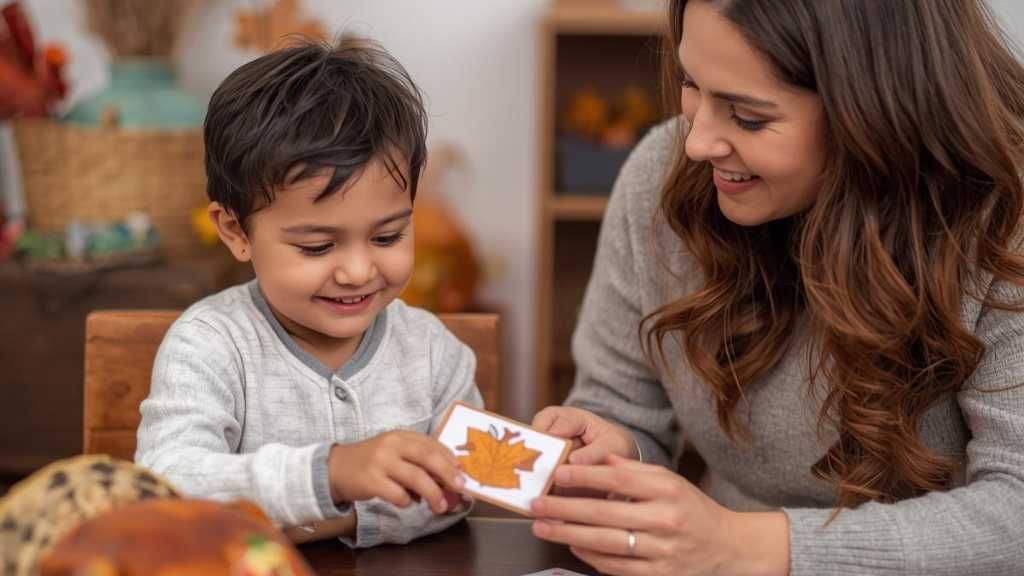
How ABA Therapy Helps During the Holidays
- Improved communication: ABA therapy helps individuals express needs and preferences more effectively, reducing frustration in busy or unpredictable situations.
- Behavioral flexibility: Therapists teach adaptive skills for transitions and unexpected changes, which can make the disruptions of the holiday season more straightforward to handle.
- Social understanding: ABA programs encourage positive social interactions and help individuals interpret social cues, enhancing their comfort during gatherings.
- Emotional regulation: Through reinforcement and visual supports, ABA therapy can strengthen coping mechanisms for managing anxiety or sensory overload.
For families, ABA therapy also offers valuable training. Parents and caregivers learn strategies for setting realistic expectations, supporting their child’s sensory needs, and fostering independence; all vital for preparing an autism-friendly holiday season.
Spreading Awareness for Making Holidays with Autism More Inclusive
While families can create inclusive celebrations at home, the broader community plays a role, too. Restaurants, event organizers, and public venues can help by offering autism-friendly holiday events, featuring lower lighting, quieter environments, and flexible participation options.
By supporting these efforts, educating others, and spreading awareness, families contribute to a culture where every person, regardless of neurotype, feels seen and included during the holidays.
5 Tips for Creating an Autism-Friendly Holiday Event
If you decide to join an autism-friendly holiday event, here are some extra ideas to make autism and Thanksgiving or other seasonal events smoother:
- Preview the environment: Show pictures or videos of the celebration space in advance.
- Bring comfort items: Pack sensory supports like headphones, chew toys, or weighted lap pads.
- Practice gratitude in familiar ways: Create a gratitude board or list using visuals instead of verbal sharing if that feels easier.
- Use social stories: Explain traditions (like turkey carving or group photos) with short, simple narratives.
- Reward participation: Offer positive reinforcement, verbal praise, tokens, or a preferred activity for handling changes calmly.
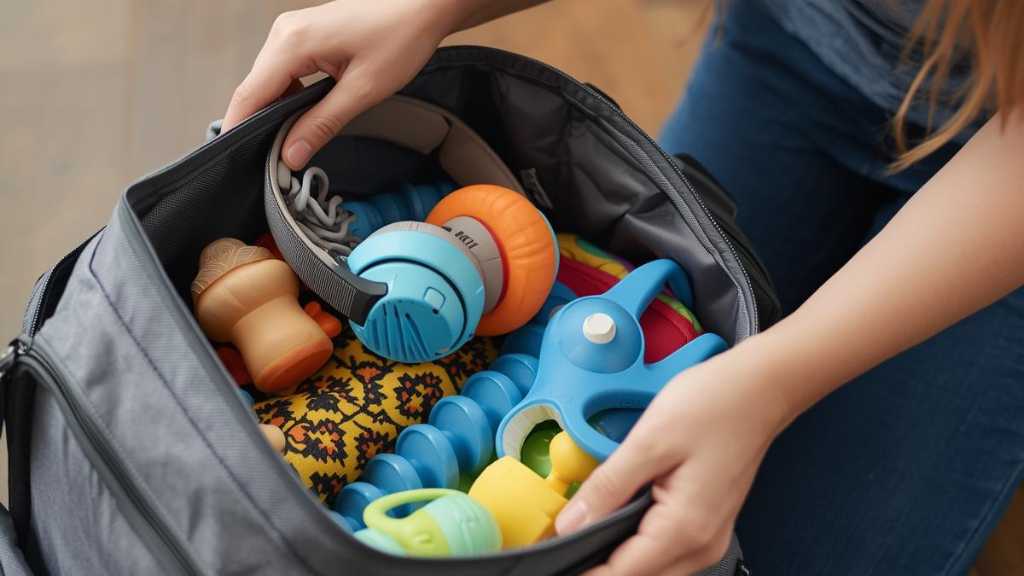
Finding Joy and Support During Holidays with Autism
At its core, celebrating holidays with autism isn’t about minimizing differences; it’s about honoring them. When families take time to plan thoughtfully, communicate openly, and embrace flexibility, the holiday season transforms into an opportunity for connection and joy.
Whether it’s Thanksgiving dinner, a winter festival, or a simple movie night at home, inclusion begins with understanding. With strategies rooted in empathy and professional support like ABA therapy, families can celebrate without fear or stress, focusing instead on what matters most: being together.
If you’re seeking personalized guidance or support this season, contact ABA Centers of New Jersey for compassionate, expert care. Our team offers diagnostic testing, early intervention, and comprehensive ABA therapy programs to help every individual with autism thrive, not just during the holidays, but all year long.
Llámanos al (855) 640-7888 o contáctanos en línea to schedule a free consultation for families in Woodstown, Trenton, Paterson, and various parts of New Jersey.




